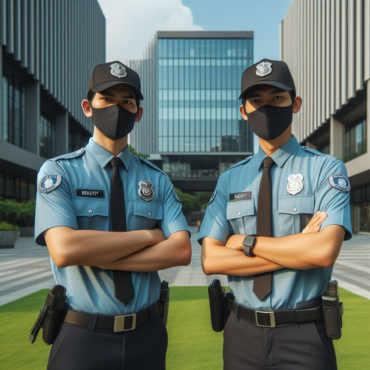When it comes to providing armed security guard services, several key aspects come into play. Let’s delve into what this entails:
- Risk Assessment and Planning:
- Understanding Client Needs: Armed security providers begin by comprehending the specific security requirements of their clients. This involves assessing the level of risk, the nature of the property or event, and any potential threats.
- Customized Security Plans: Based on the assessment, they create customized security plans. These plans outline the deployment of armed guards, access control measures, emergency response protocols, and communication strategies.
- Highly Trained Personnel:
- Firearms Training: Armed guards undergo rigorous training in the safe handling and use of firearms. This includes marksmanship, weapon retention, and de-escalation techniques.
- Legal Knowledge: They are well-versed in local, state, and federal laws related to carrying firearms. Compliance with regulations is paramount.
- Emergency Response Training: Armed guards receive specialized training in responding to emergencies, including active shooter situations.
- Visible Deterrence:
- Presence: Armed guards serve as a visible deterrent to potential threats. Their mere presence can discourage criminal activity.
- Patrols and Vigilance: They conduct regular patrols, monitor surveillance systems, and remain vigilant to identify any suspicious behavior.
- Access Control and Screening:
- Entrance Checks: Armed guards control access points, verifying credentials and ensuring only authorized individuals enter.
- Baggage Screening: At events or high-security locations, they may screen bags and belongings to prevent unauthorized items from entering.
- Emergency Response:
- Immediate Action: In case of emergencies (such as a breach, medical crisis, or violence), armed guards respond swiftly. They secure the area, provide first aid if needed, and coordinate with law enforcement.
- Communication: Armed guards maintain effective communication channels with each other and with central command.
- Protection of Assets:
- Property and People: Armed security personnel safeguard not only physical assets (buildings, equipment) but also people (employees, visitors, clients).
- Escorting Services: They may escort high-value items (cash, sensitive documents) during transportation.
- Adherence to Ethical Standards:
- Professional Conduct: Armed guards uphold ethical standards. They maintain confidentiality, treat everyone with respect, and avoid excessive use of force.
- Crisis Management: In crisis situations, they remain calm, follow protocols, and prioritize safety.
Remember, armed security services require a delicate balance between protection and professionalism. Providers must ensure safety while respecting individual rights and legal boundaries

Comments are closed